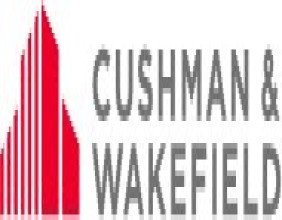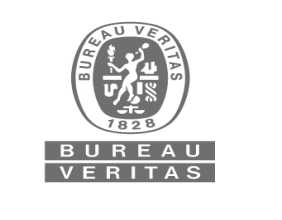Highlights
Hugo Boss AG reported first-quarter results that exceeded expectations despite a dip in overall sales.
Frasers Group PLC increased its strategic investment in Hugo Boss through additional put options.
The company’s performance varied across global regions, with revenue softness in Asia-Pacific and marginal declines in EMEA and the Americas.
Hugo Boss AG operates within the fashion and apparel industry, which is subject to changes in consumer demand and broader economic conditions. The company's stock, listed under the ticker BOSS, is closely watched on the FTSE All Share index. Despite fluctuating global conditions, the brand's recent performance attracted interest due to operational updates and strategic shifts.
Regional Sales Variation and Global Economic Influence
In recent trading periods, Hugo Boss experienced changes in its revenue streams across key regions. Sales in the Asia-Pacific region declined, influenced by market softness in countries such as China. Likewise, revenue in the Americas and the Europe, Middle East, and Africa (EMEA) region showed a slight dip. These figures indicate sensitivity to changing consumer activity and global macroeconomic headwinds.
Strategic Developments Involving Ownership Structure
Frasers Group PLC (LSE:FRAS) has expanded its involvement with Hugo Boss by acquiring more put options. This move increased Frasers’ ownership stake and extended the range of shares under its financial arrangements. The company’s overall interest now includes direct and indirect holdings, which reinforce its long-term engagement with the fashion brand.
Earnings Projections and Fiscal Range
Despite a contraction in sales during the initial quarter, Hugo Boss has issued guidance indicating that its full-year financial outcomes could vary within a modest range. The company stated that its earnings before interest and taxes (EBIT) may trend higher, with a possible expansion within a defined margin. Hugo Boss also noted the persistence of macroeconomic volatility, which continues to shape its financial outlook.
Brand Resilience and Market Positioning
The company has attributed part of its resilience to consistent brand momentum and strategic execution. Its initiatives to position the brand across multiple geographies and product segments have contributed to sustained visibility despite uncertain conditions. The company's performance remains linked to consumer behaviour, which has been influenced by geopolitical developments and trade dynamics.
Frasers Group's Broader Retail Strategy
The increased stake by Frasers Group aligns with its broader focus on retail sector assets. The company’s investment in Hugo Boss AG suggests an alignment in strategic direction. Hugo Boss continues to feature in Frasers Group’s portfolio as a notable brand within the fashion retail landscape. This aligns with Frasers Group’s objective of strengthening its presence across multiple consumer categories.
Fluctuations in Consumer Spending and External Factors
The fashion sector’s performance is shaped by factors such as tariffs, economic shifts, and varying regional consumption patterns. These elements have influenced apparel demand, particularly in regions with slower economic recovery or changing retail trends. Hugo Boss continues to navigate this environment through operational adjustments and geographic diversification.
Performance Visibility on the FTSE All Share Index
With its listing on European exchanges, Hugo Boss's performance has implications for broader market indices, including the FTSE All Share. Movements in its share price reflect wider investor sentiment across the retail and luxury apparel segments. The brand’s strategic steps and updated financial commentary have contributed to its visibility on the index.




